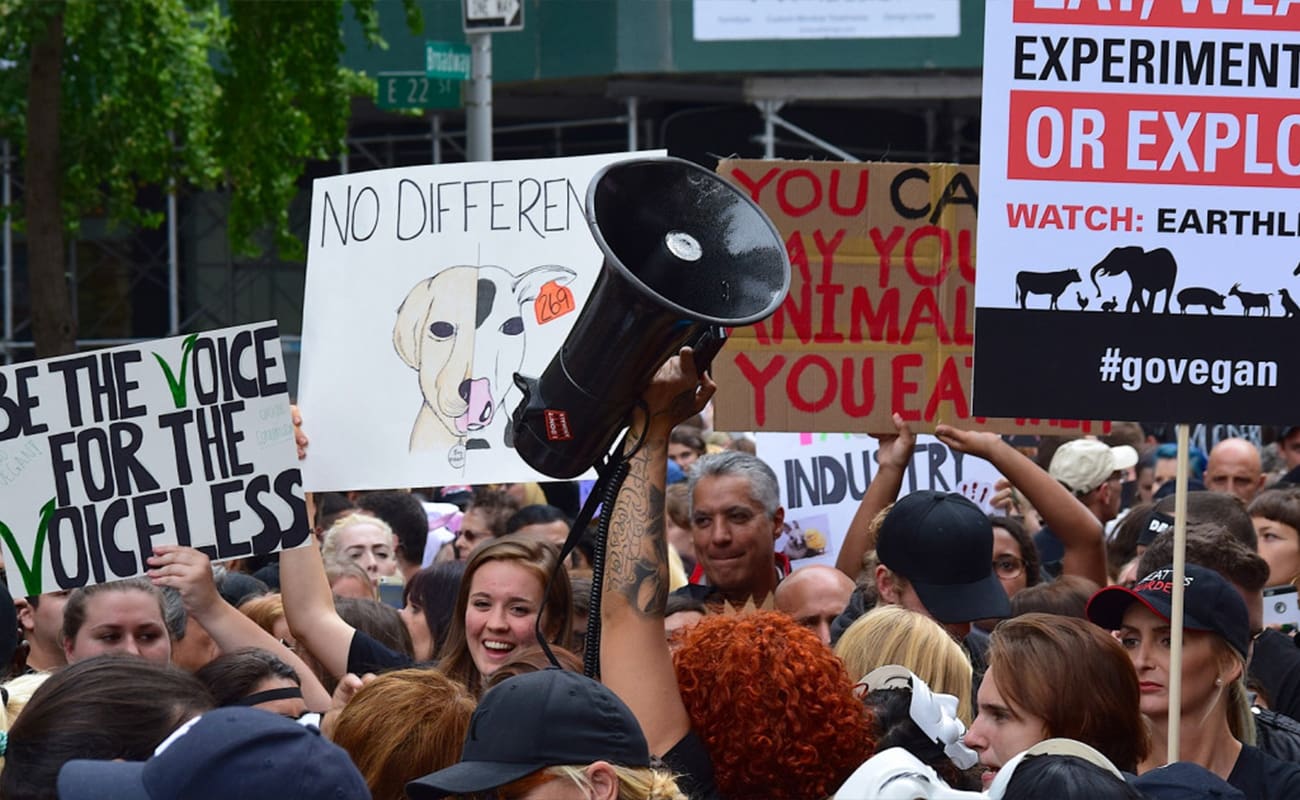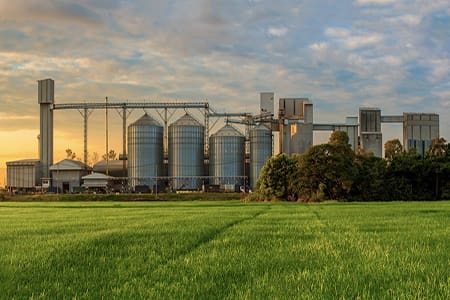Animal-based industries have become pillars of many national economies, shaping trade agreements, labor markets, and rural development policies. However, the true economic impact of these systems extends far beyond balance sheets and GDP figures. This category examines how industries built on animal exploitation create cycles of dependence, mask their long-term costs, and often hinder innovation in more sustainable and ethical alternatives. The profitability of cruelty is not accidental—it is the result of subsidies, deregulation, and deeply entrenched interests.
Many communities, especially in rural and low-income regions, rely economically on practices like livestock farming, fur production, or animal-based tourism. While these systems may offer short-term income, they often expose workers to harsh conditions, reinforce global inequality, and suppress more equitable and sustainable livelihoods. Furthermore, these industries generate massive hidden costs: ecosystem destruction, water pollution, zoonotic disease outbreaks, and mounting healthcare expenses linked to diet-related illness.
Transitioning to plant-based economies and cruelty-free industries offers a compelling economic opportunity—not a threat. It allows for new jobs in agriculture, food tech, environmental restoration, and public health. This section highlights both the urgent need and real potential for economic systems that no longer depend on the exploitation of animals, but instead align profit with compassion, sustainability, and justice.
When it comes to indulging in luxury sea products like caviar and shark fin soup, the price extends far beyond what meets the taste buds. In fact, consuming these delicacies comes with a set of ethical implications that cannot be ignored. From the environmental impact to the cruelty behind their production, the negative consequences are far-reaching. This post aims to delve into the ethical considerations surrounding the consumption of luxury sea products, shedding light on the need for sustainable alternatives and responsible choices. The Environmental Impact of Consuming Luxury Sea Products The overfishing and habitat destruction caused by the consumption of luxury sea products like caviar and shark fin soup have severe environmental implications. Due to the high demand for these luxury seafood items, certain fish populations and marine ecosystems are at risk of collapse. Consuming luxury sea products contributes to the depletion of vulnerable species and disrupts the delicate …


























































